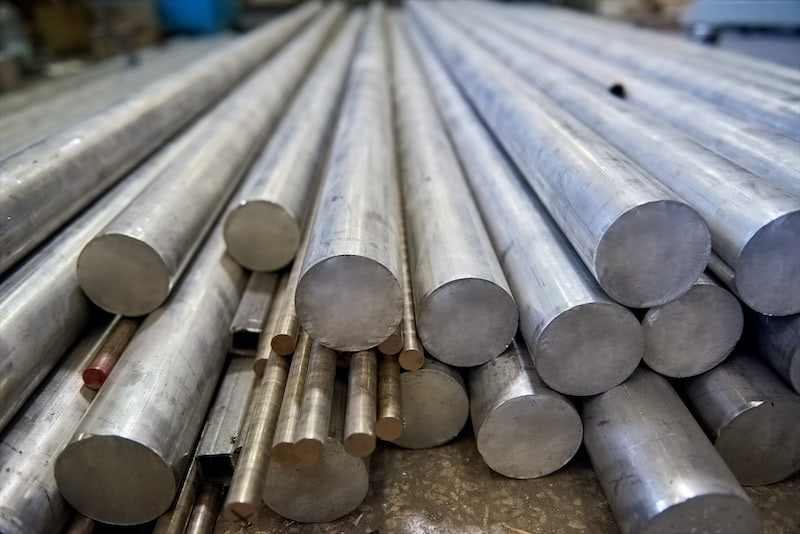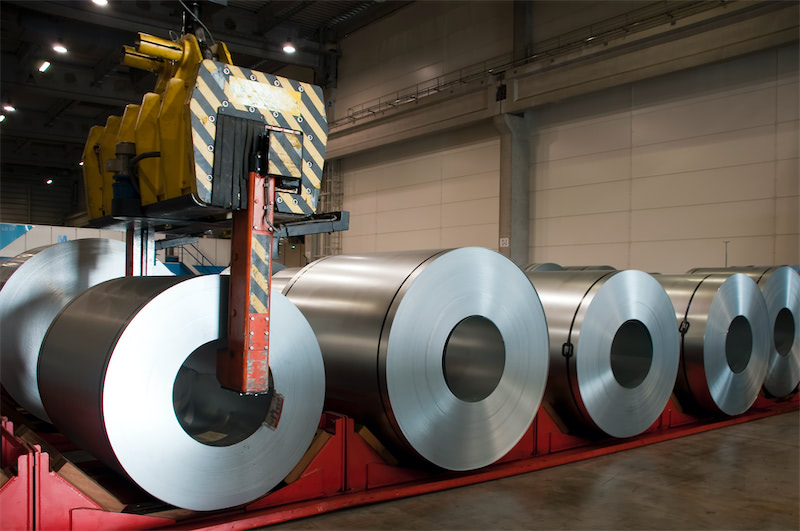On July 2, 2025, in an official statement, the Minerals Council South Africa (MCSA) reiterated its opposition to the chrome ore export tax. MCSA stated that it fully supports adding value to the country's minerals. However, the process of creating a beneficial environment for beneficiation must involve all stakeholders to ensure that unintended consequences for other industries are avoided and that there is no negative impact on economic growth and related employment.
A cabinet statement released on June 26, 2025, indicated that the South African Cabinet had approved three interventions for the chrome and ferrochrome industries (electricity agreements; chrome ore export licenses; chrome ore export taxation) to prevent the decline in South Africa's capacity to produce ferrochrome, a key component in stainless steel manufacturing. However, MCSA is disappointed that these proposals were not developed in consultation with the industry or other government departments to ensure that the measures would bring about economic growth, job creation, and sustainable development in the mining and processing sectors. MCSA will urgently engage with the Department of Electricity and Energy, the Department of Mineral Resources and Petroleum, the Department of Trade, Industry and Competition, and the National Treasury regarding the proposals in the cabinet statement, seeking participation and clarity to ensure the best outcomes for all stakeholders in South Africa.
In recent years, South Africa has lost its position as a major supplier of ferrochrome, primarily due to China's rapid expansion of ferrochrome capacity driven by its structural advantages, including electricity, labor, and capital costs. In contrast, over the past two decades, most ferrochrome smelters in South Africa have closed or suspended operations due to a 900% increase in electricity costs. For these reasons, a chrome ore export tax cannot support the improvement of local refining capacity.
MCSA welcomes the cabinet's implementation of policy measures to provide preferential electricity prices for ferrochrome smelters to address one of the key factors contributing to the lack of competitiveness in South Africa's ferrochrome industry, as well as the use of special economic zones to provide tax relief for the industry. However, they believe that these lack relevant details and require extensive consultation with the government to understand these proposals and which industries will benefit from them.
Within the scope of preventing illegal chrome exports, MCSA welcomes the proposal to require all chrome exporters to obtain licenses from the South African International Trade Administration Commission. However, they strongly oppose any suggestions to expand such systems or to impose export quotas or restrictions on legally mined chrome. Chrome ore mining has been one of the best-performing sub-sectors in South Africa's mining industry. According to Stats SA data, adjusted for real inflation, chrome production has grown by an average of 8.4% between 1994 and 2024. This far exceeded the 1.3% increase in total non-gold production over the same period. Employment in the chrome ore mining industry also continued to rise, and SARS data showed that exports reached a record 20.5 million mt in 2024, earning the country 84.6 billion rand in export revenue. For this reason, it is unreasonable to impose a tax on chrome ore exports.
![Before the holiday, the black chain is unlikely to see a trend-driven market [SMM Steel Industry Chain Weekly Report].](https://imgqn.smm.cn/usercenter/zUFfM20251217171748.jpg)

![[SMM Chromium Daily Review] Inquiries and Transactions Weakened, Chromium Market Showed Mediocre Performance Before the Holiday](https://imgqn.smm.cn/usercenter/ENDOs20251217171718.jpg)
